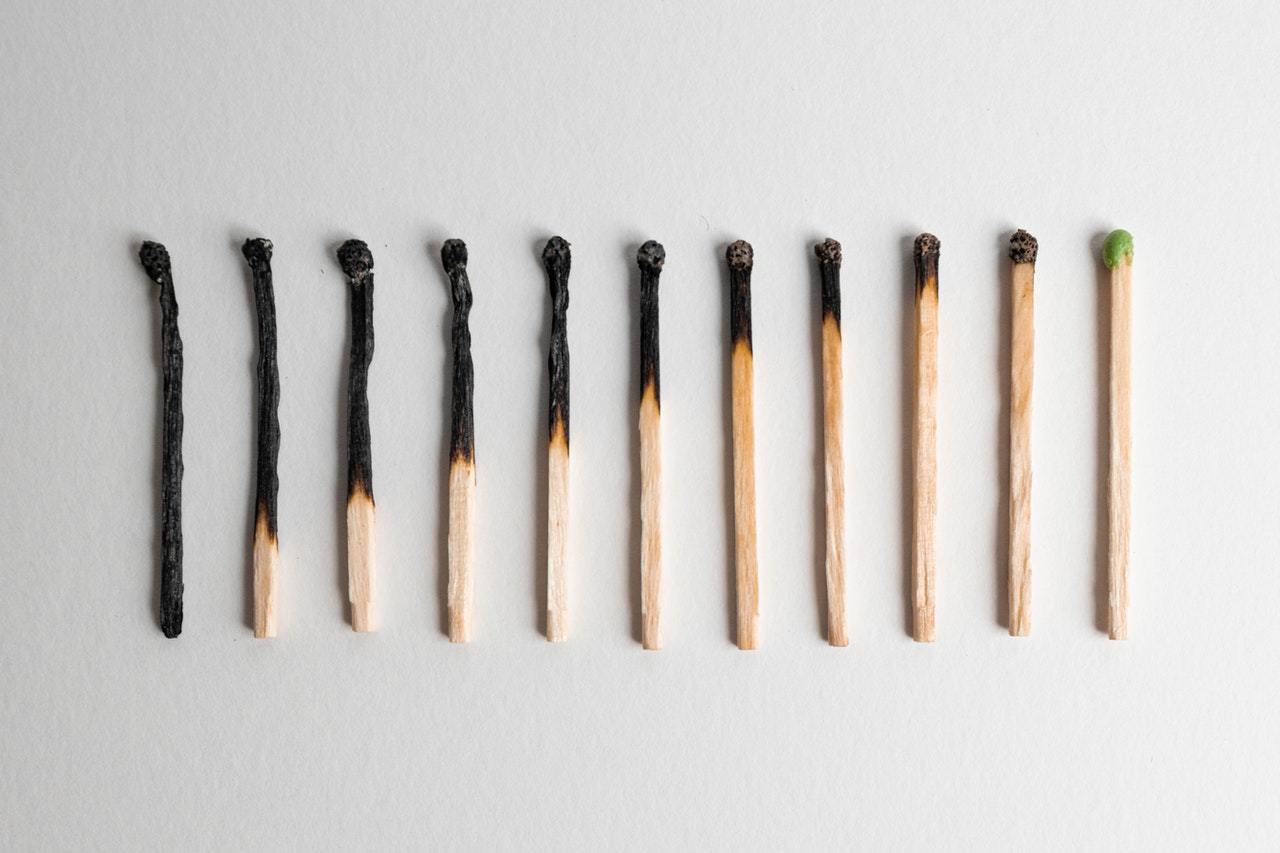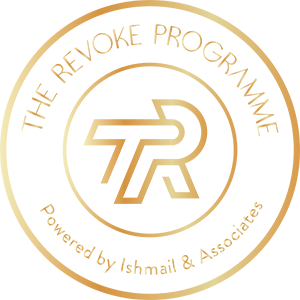There is no doubt that we live in a society that glorifies overworking and pushing ourselves to the limit. Being busy is a sign of success, and working long hours is viewed as a badge of honour. Social media tells us that if we want to be financially secure, we need to be working 24/7.
In England, we have one of the longest working weeks in the whole of Europe. People often think that they need to be chained to their desks to keep their heads above water and make progress in their careers. Remote working hasn’t helped with this issue as we feel that we’re constantly plugged into work, with a never-ending barrage of emails to answer.
However, there comes a point where you’re putting your mental and physical health on the line. Burnout is on the rise across the UK, and more and more often, when we’re experiencing this, we find ourselves reaching for a bottle to take the edge off.
This can be a slippery slope that exacerbates the original problem rather than solving it. Read on to find out about how burnout and addiction can go hand in hand.
What is Burnout?
Although burnout is not classified as a medical condition, it does appear in medical literature. It’s defined by the 11th Revision of the International Classification of Diseases (ICD-11) as an “occupational phenomenon conceptualized as resulting from chronic workplace stress that has not been successfully managed.”
Burnout usually has three aspects:
Being exhausted
Feeling mentally separated from one’s job, with an increasingly cynical attitude
Depleted professional efficacy
When we’re experiencing burnout, even small tasks can start to seem like a huge burden – we feel like we’ve got nothing left to give. This can spill out into our personal lives, and if we can’t share how we feel, feelings of inadequacy can arise and we can feel completely alone in our struggle.
Who Is at Risk of Burnout?
Anyone who is placed under large amounts of stress is potentially at risk of burnout, though some people seem to be able to tolerate much larger amounts of pressure than others. However, certain key indicators can make burnout more likely:
- Perfectionist tendencies
- A clash in your own personal values and how your employer does business
- A dysfunctional dynamic at your workplace – do you work with bullies, micromanagers, or narcissists?
- Poor work-life balance
- Chaotic workload and not enough resources or time to complete your workload properly
- Unrealistic expectations from your employer
How Does Burnout Tie Into Addiction?
When we feel bad, we often look for something to make us feel better. If we’re exhausted and losing focus, cocaine or ADHD medication might seem like an attractive prospect. If we’re tormented by racing thoughts once we get home, alcohol, heroin, or benzodiazepines could provide short-term relief and momentarily quieten the voices in our heads.
However, graduating from self-medication to addiction is always a risk with substance misuse – particularly if we’re trying to hide from something in our lives. As they only temporarily change the way we feel, people often find themselves increasingly reliant on them to function.
Substances also cause a rebound reaction – usually the opposite effect of the drug. For example, cocaine is a stimulant that wakes us up and makes us feel more alert but can leave us tired and lethargic the next day. Alcohol, opiates, and benzodiazepines calm us down, but withdrawal involves anxiety and sleeplessness.
This sets off a vicious spiral of tolerance, mental reliance, and sometimes physical addiction. Our burnout symptoms suddenly seem much more unbearable without the substance in our body, making the problem worse on all levels.
Getting Help for Burnout Related Addiction
Burnout doesn’t get better on its own and comes with a multitude of risks even without substances thrown into the equation. When we introduce addiction, the risks increase exponentially and can even result in serious injury or death.
It’s entirely up to you if you want to disclose that you’re struggling with substance abuse to your employer. It’s classified as a medical condition, so you should be protected by employment law. Your employer will have a legal responsibility to look after the well-being of all staff, and if you’re coming into work impaired, you could be putting others at risk.
If you’re struggling with addiction, the chances are you’ve tried stopping on your own – potentially more than once – and you know how much of a struggle this can be.
Seeking professional help makes this transition much easier – you’ll have knowledgeable professionals to run ideas past, and they can show you healthy ways to de-stress and let go of your day. They can also help you work out if your burnout is related to your workplace or how you handle your job and offer guidance.
Ultimately, your health is the most important asset you have, and it’s one of the few things that money can’t buy. No job is worth putting your health and potentially your life on the line for – it’s never too late to find a solution that works for you.
Recover With Revoke
If you’re struggling to connect to others, Revoke is here to help. Our Dayhab and Nighthab programmes work with your schedule and provide a mix of group and individual therapy to help you tackle the root cause of your addiction.
Whether you’re just starting out on your recovery journey or need a pick-me-up in your sobriety, we’re only ever a phone call away. There really is no need to go it alone.



